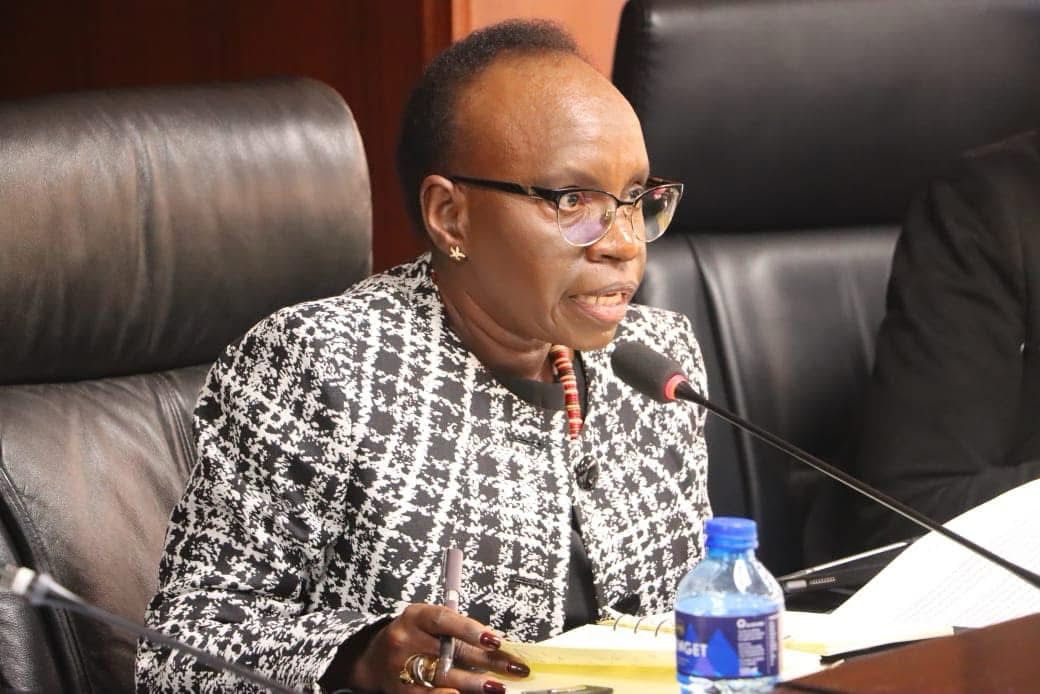A shocking audit has exposed widespread mismanagement of government assets worth over KES 413.2 billion across 26 ministries, departments, and agencies. Auditor-General Nancy Gathungu’s report for the 2023/24 financial year highlights serious concerns about whether public institutions are ready for the National Treasury’s new accounting rules, set to take effect on 1 July 2024. These rules require all government entities, including county governments, to fully identify and value their assets under the International Public Sector Accounting Standards (IPSAS).
The audit found many asset registers—lists meant to track government property—were missing, outdated, or inaccurate. Critical details, such as acquisition dates, ownership documents, land descriptions, and asset values, were often omitted. In some cases, assets were not recorded at all.
The report urges accounting officers to:
- Conduct a full inventory of assets.
- Have a government valuer determine their values.
- Ensure all assets are recorded in registers for accurate financial reporting.
Key Ministry and Department Failures
The audit pinpointed significant issues in several government entities:
- State Department for Basic Education: Public secondary schools lacked asset registers for assets worth KES 6.6 billion.
- Department for Economic Planning: Its KES 1.4 billion asset register was outdated, with most assets unvalued.
- Ministry of Medical Services: Reported KES 9.5 billion in fixed assets but recorded no value for land.
- Ministry of Public Health and Professional Standards: Failed to document 14 motor vehicles and ICT equipment, held three title deeds for land of unknown value, and omitted key buildings from its records.
- Department of Irrigation: Listed assets worth KES 1.1 billion but excluded 13 vehicles, many unvalued. It also struggled to upload data to Treasury systems due to unrecorded assets. Notably, two Toyota Prado vehicles were mistakenly recorded as one vehicle with two registration numbers.
- State Department for Energy: Managed a KES 322.1 billion register but lacked asset tagging, serial numbers, and other vital details.
- State Department for Lands and Physical Planning: Omitted asset names, acquisition dates, locations, and conditions from its KES 6.7 billion register.
- Judiciary: Failed to update its KES 31.7 billion register to reflect the disposal of 26 vehicles.
- State Department for Public Service: Excluded assets at Huduma Kenya’s headquarters. Seventeen Huduma Centres had no registers, while 14 had incomplete ones.
These gaps pose major challenges as Kenya transitions to accrual accounting, which requires fully documented and valued assets. The Auditor-General warned that if government property is not quickly recorded and valued, then financial reports will be incomplete and unreliable.
The report calls for urgent steps to ensure compliance, transparency, and better financial reporting. Accounting officers must update asset registers, engage certified government valuers, and fix all inconsistencies before the 1 July 2024 deadline.





